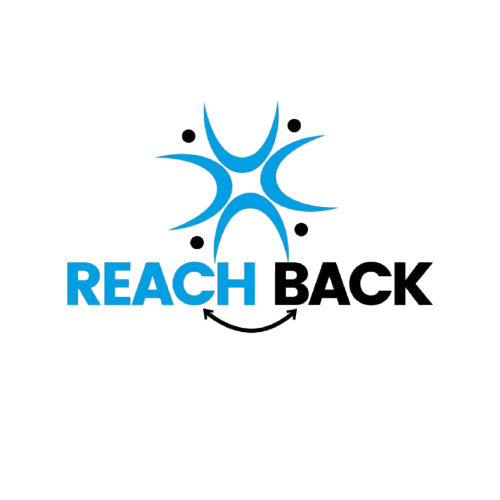Temporary Learning Spaces
ACCESS TO QUALITY EDUCATION
In crisis affected areas such as in the NWSW regions of Cameroon, we set up Temporary Learning Spaces (TLS) which also serve as Child Friendly Spaces (CFS) where affected children and youth benefit from quality education, psychosocial support, a safe environment and the possibility of being re-integrated into formal schools. In order to effectively operate these Temporary Learning Spaces (TLS), we implement the following structured and impactful programs.
- EDUCATIONAL PROGRAMS.
- Basic Literacy and Numeracy:
We implement foundational courses in reading, writing, articulation, calculation and analytical thinking for children who may have missed or lagged in schooling.
- Interactive Learning with Technology:
We use interactive radio sessions and preloaded lessons on tablets or laptops to engage students in active learning.
- Specialized Skill Development:
We offer vocational courses in fields like tailoring, computer skills, carpentry, manicure, pedicure, barbering, hairdressing especially for older youth. This aligns with our goal of fostering hands-on skills.
- Digital Literacy:
We provide computer classes and basic tech literacy to prepare students for digital integration and future employment.
- PROTECTION AND PSYCHOSOCIAL SUPPORT (PSS):
- Protection from Sexual Exploitation and Abuse (PSEA):
We conduct regular workshops and training on PSEA to raise awareness, create safe spaces, and report incidents effectively.
- Trauma-Informed Support:
We engage trained facilitators to support children with trauma recovery activities, creating a healing environment through play therapy, art, or music therapy.
- Safe Reporting Systems:
We ensure children and youth know whom to approach and how to report any form of abuse or bullying within the TLS.
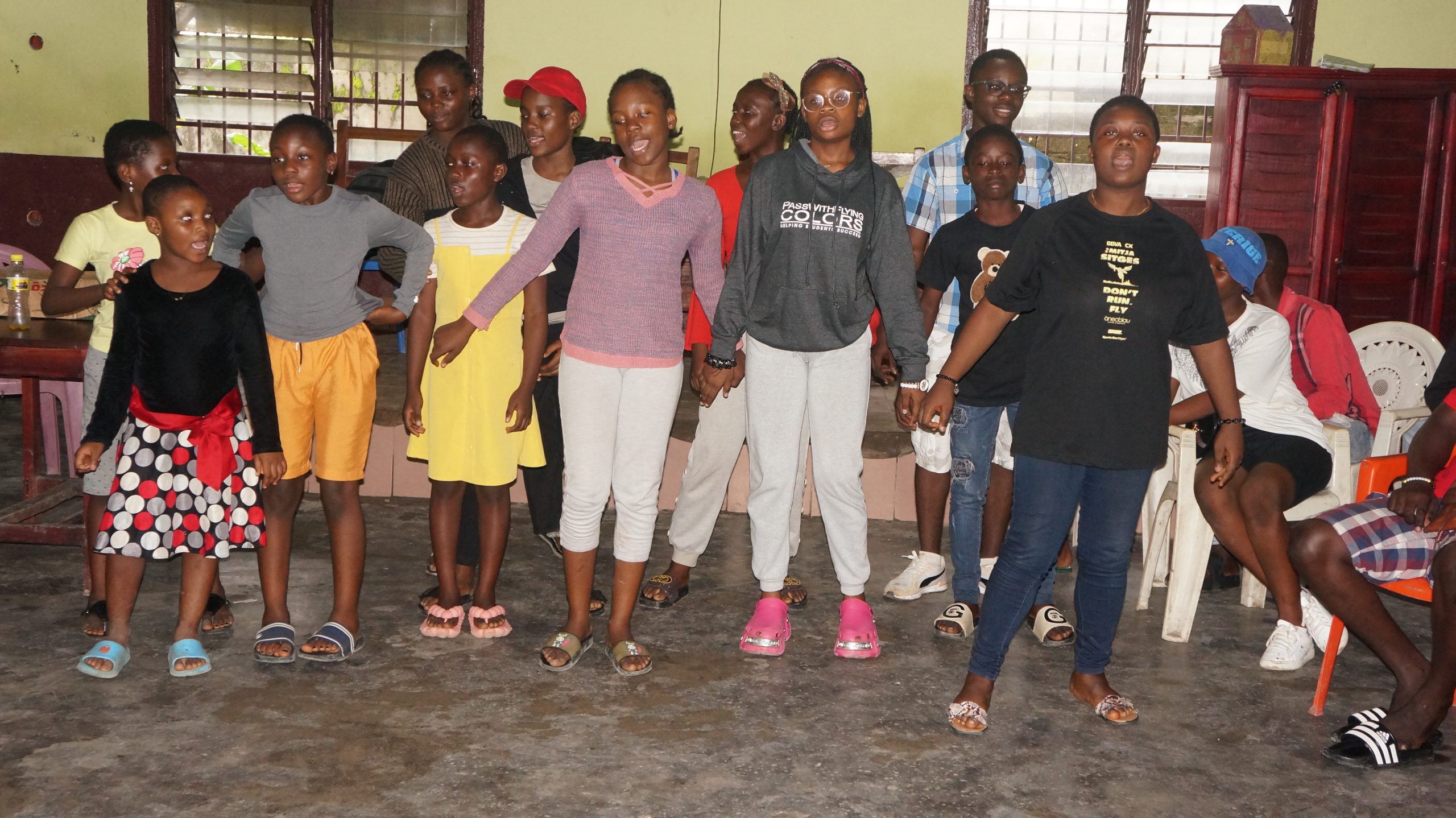
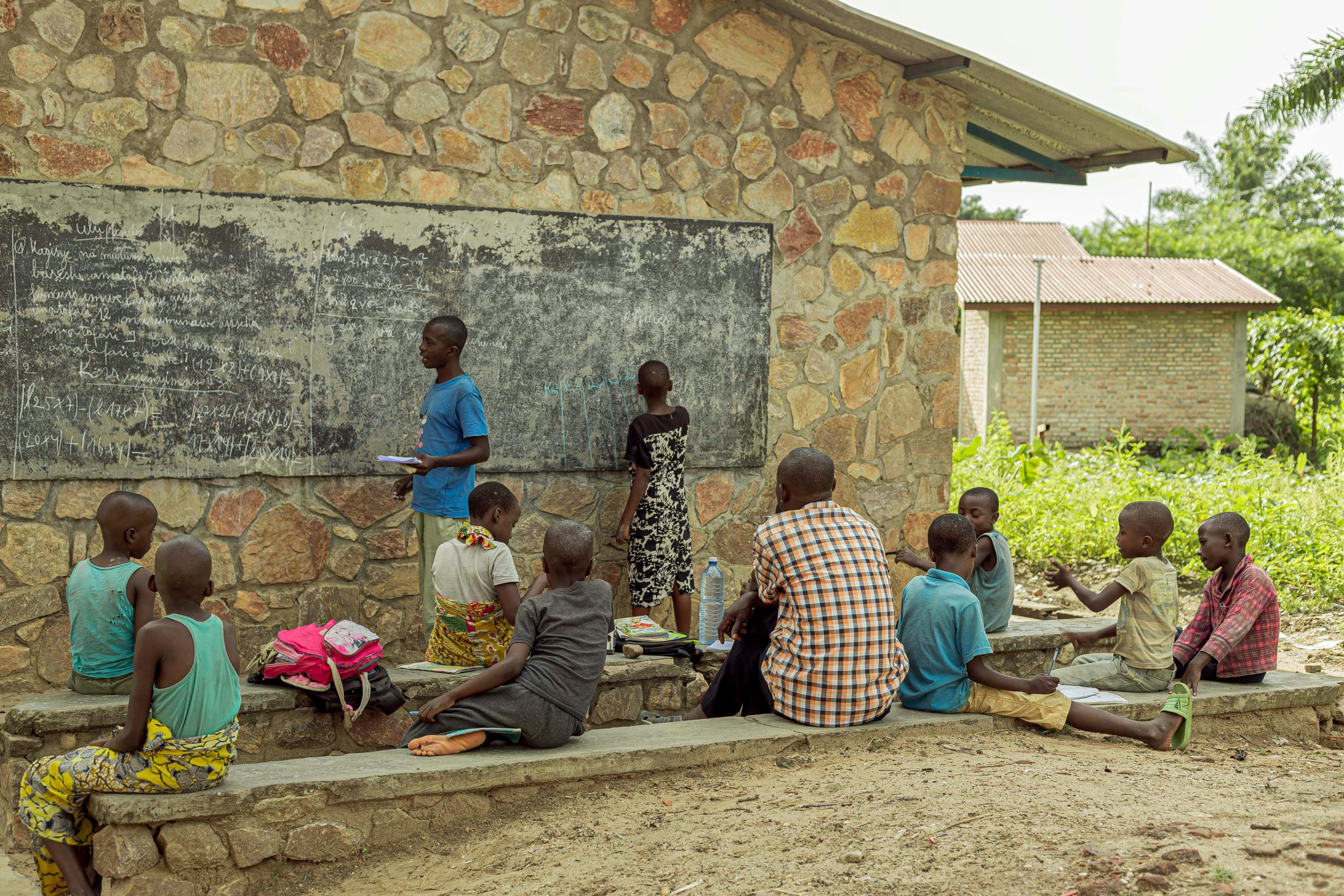
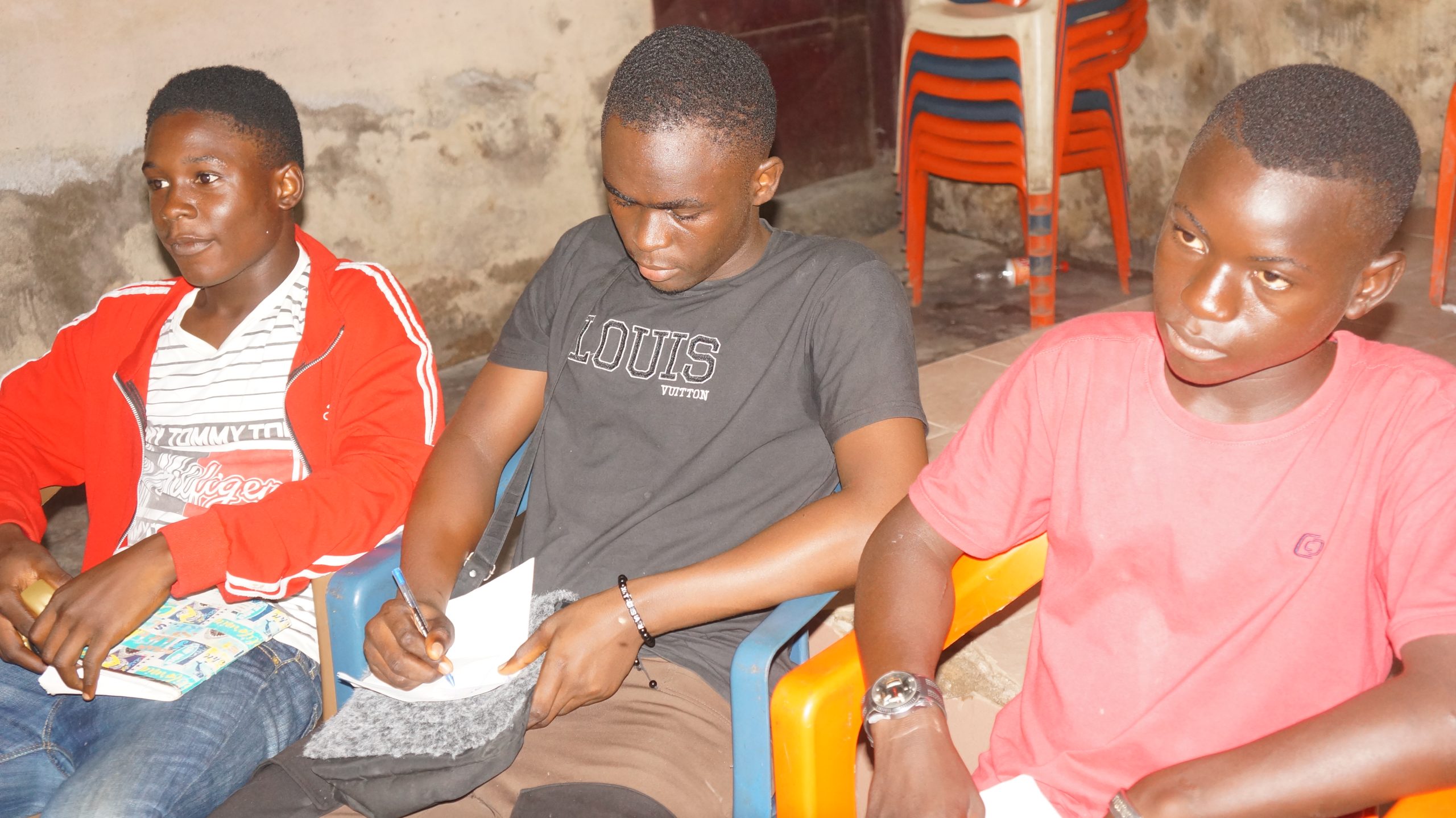
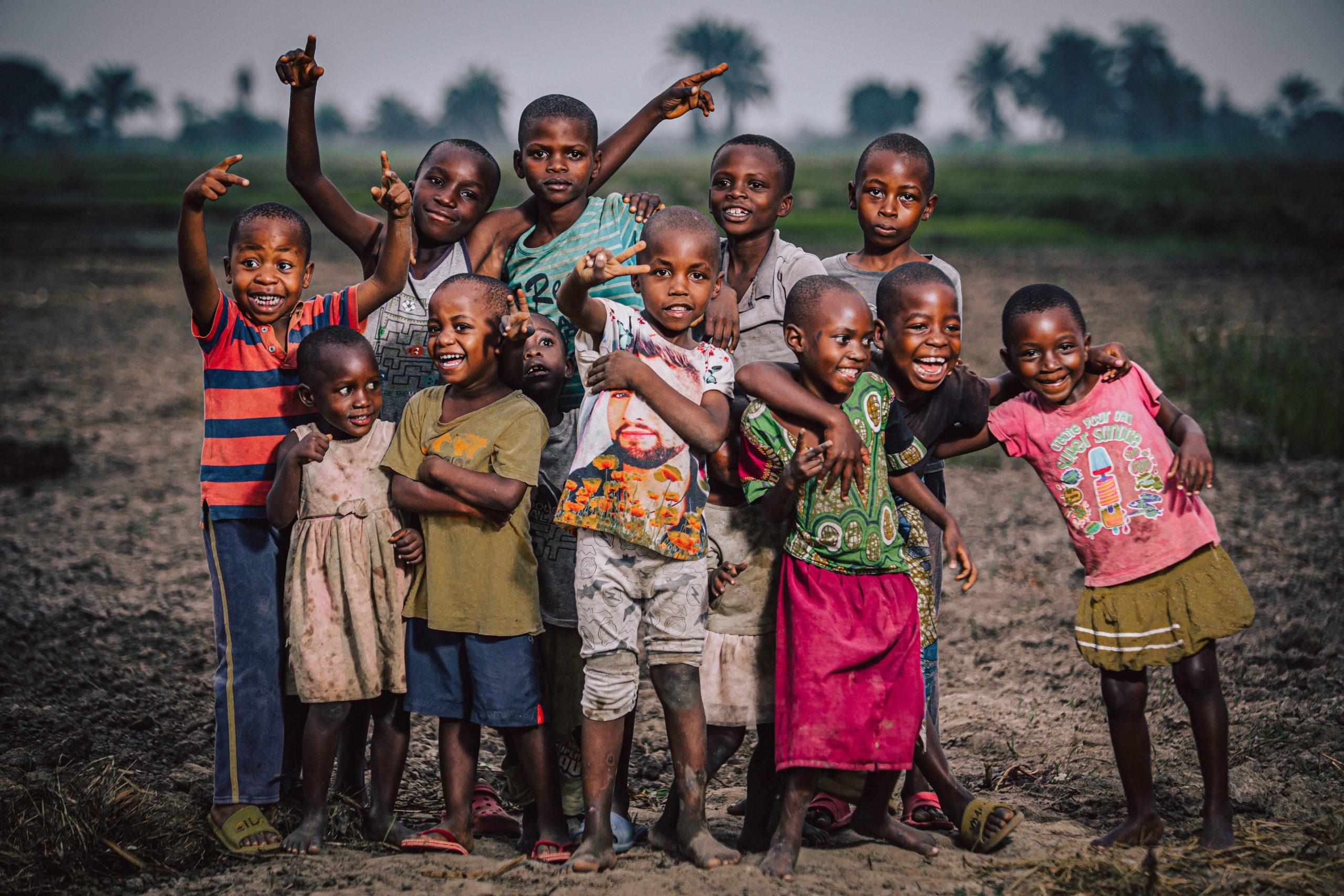
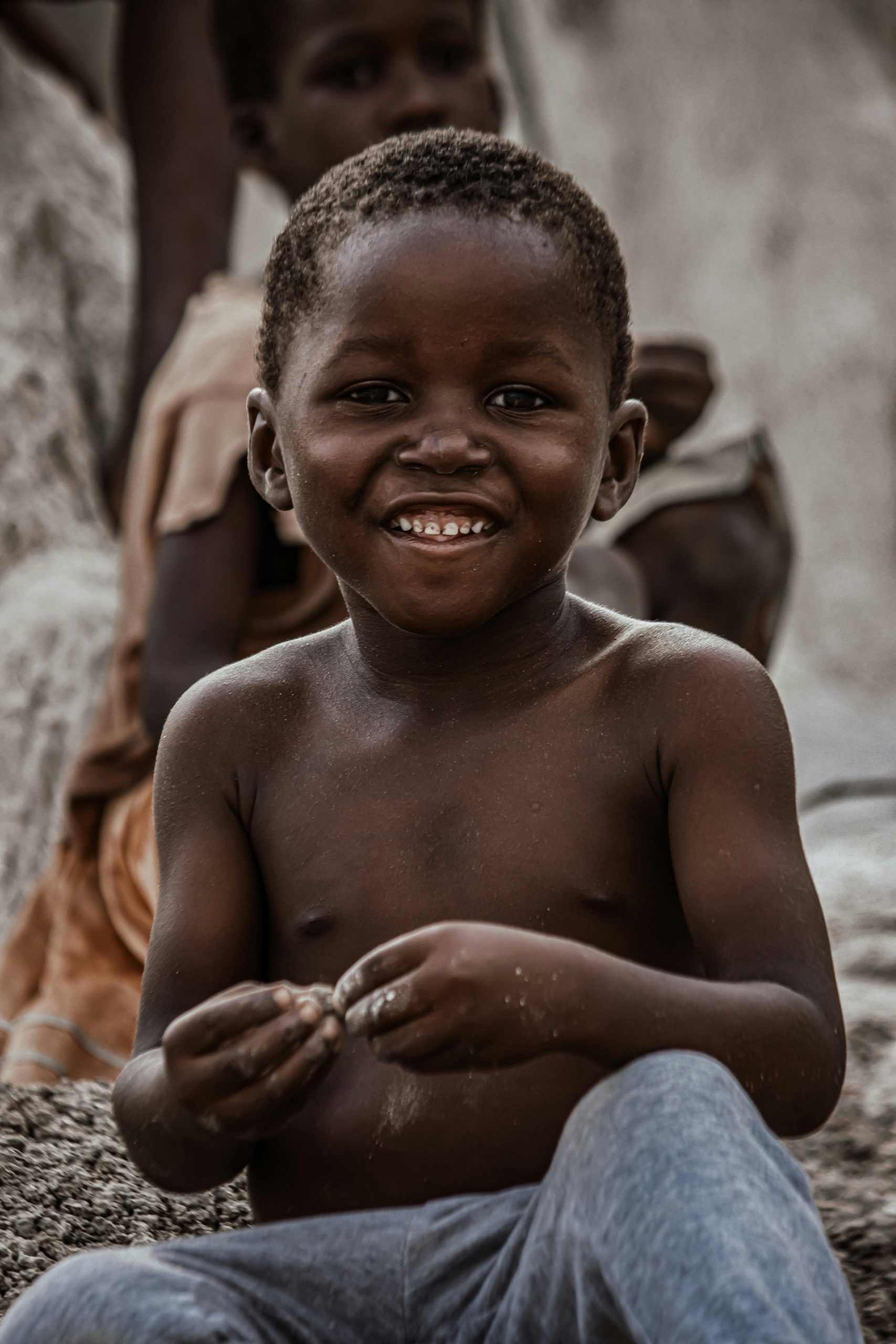
- ENVIRONMENTAL PRACTICES AND WASH (WATER, SANITATION, AND HYGIENE).
- WASH Training and Facilities:
We provide and maintain clean water sources and sanitation facilities while educating children on hygiene practices to prevent diseases.
- Environmental Education:
We conduct activities that teach students about recycling, waste management, and the importance of preserving their local environment.
- Gardening and Sustainability Projects:
We engage students in small gardening projects, which can provide food and help them learn sustainable practices.
- EXTRACURRICULAR AND CULTURAL ACTIVITIES.
- Sports and Physical Activities:
We offer sports programs and games to improve physical health, teamwork, and morale.
- Arts, Culture, and Civic Engagement:
We incorporate drama, music, and cultural days that celebrate and preserve local traditions, as well as sessions on citizenship and patriotism.
- Competitions and Community Events:
We organize healthy competitions and invite community members, which foster community support and encourage parental involvement.
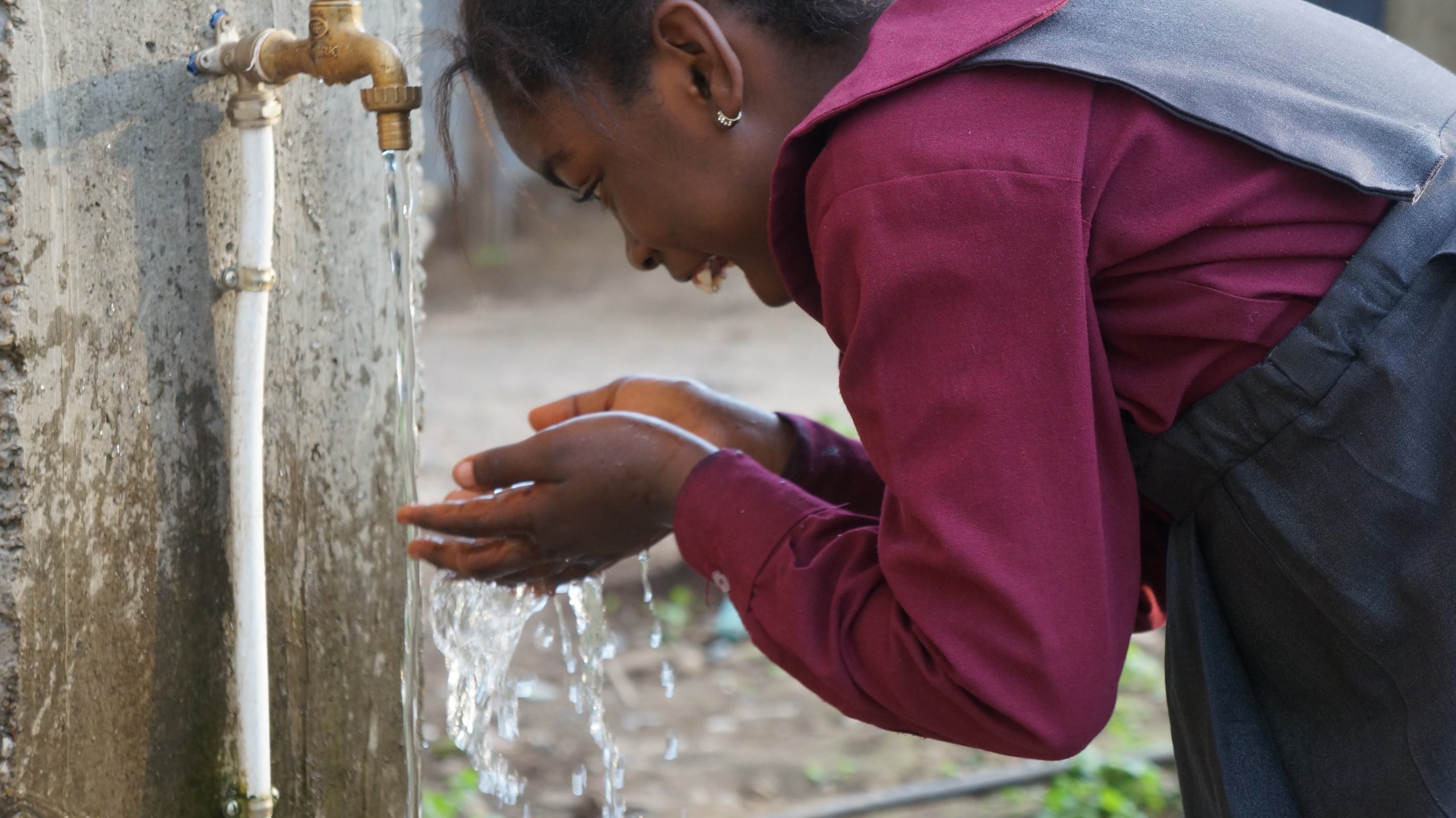

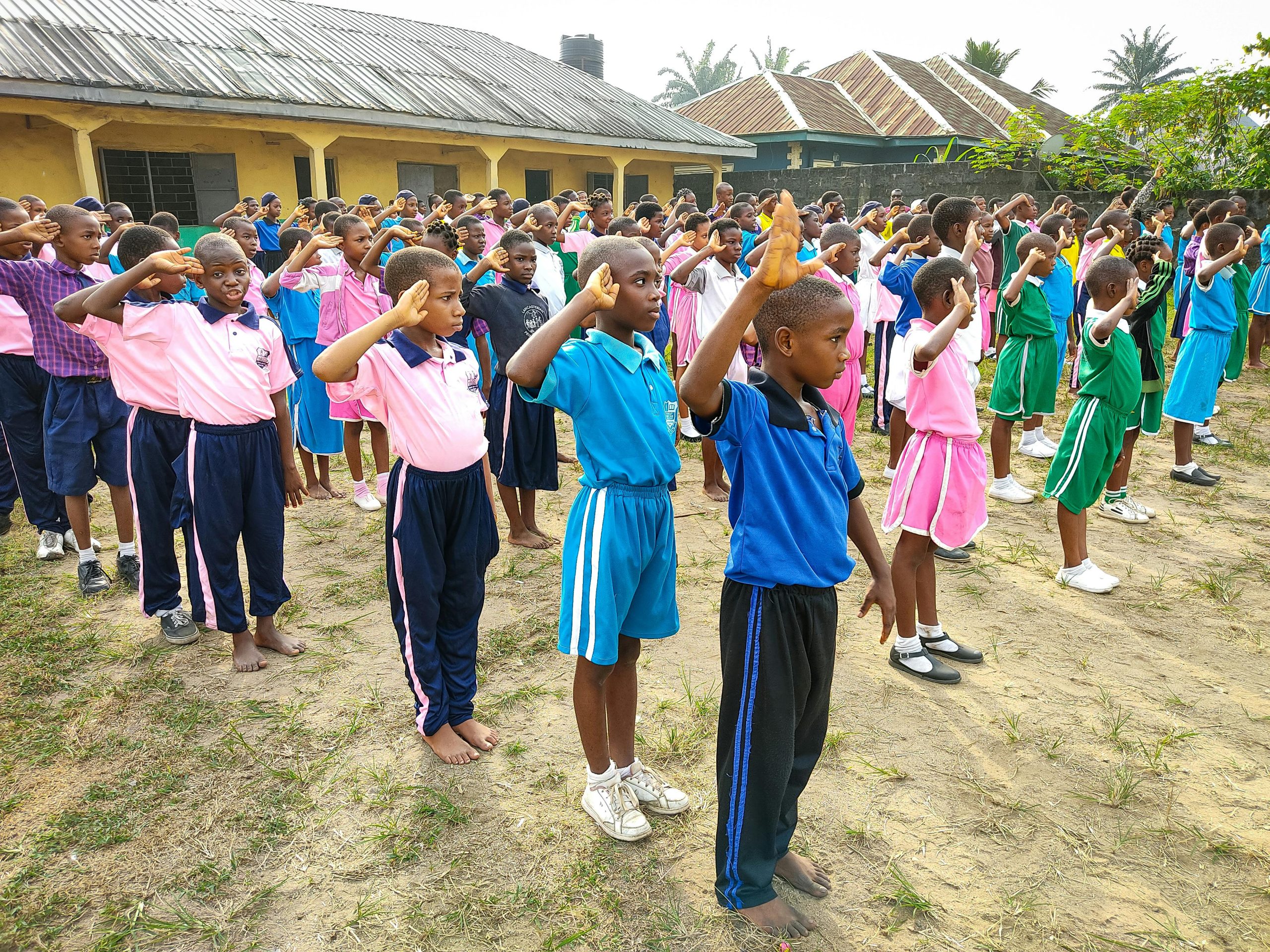
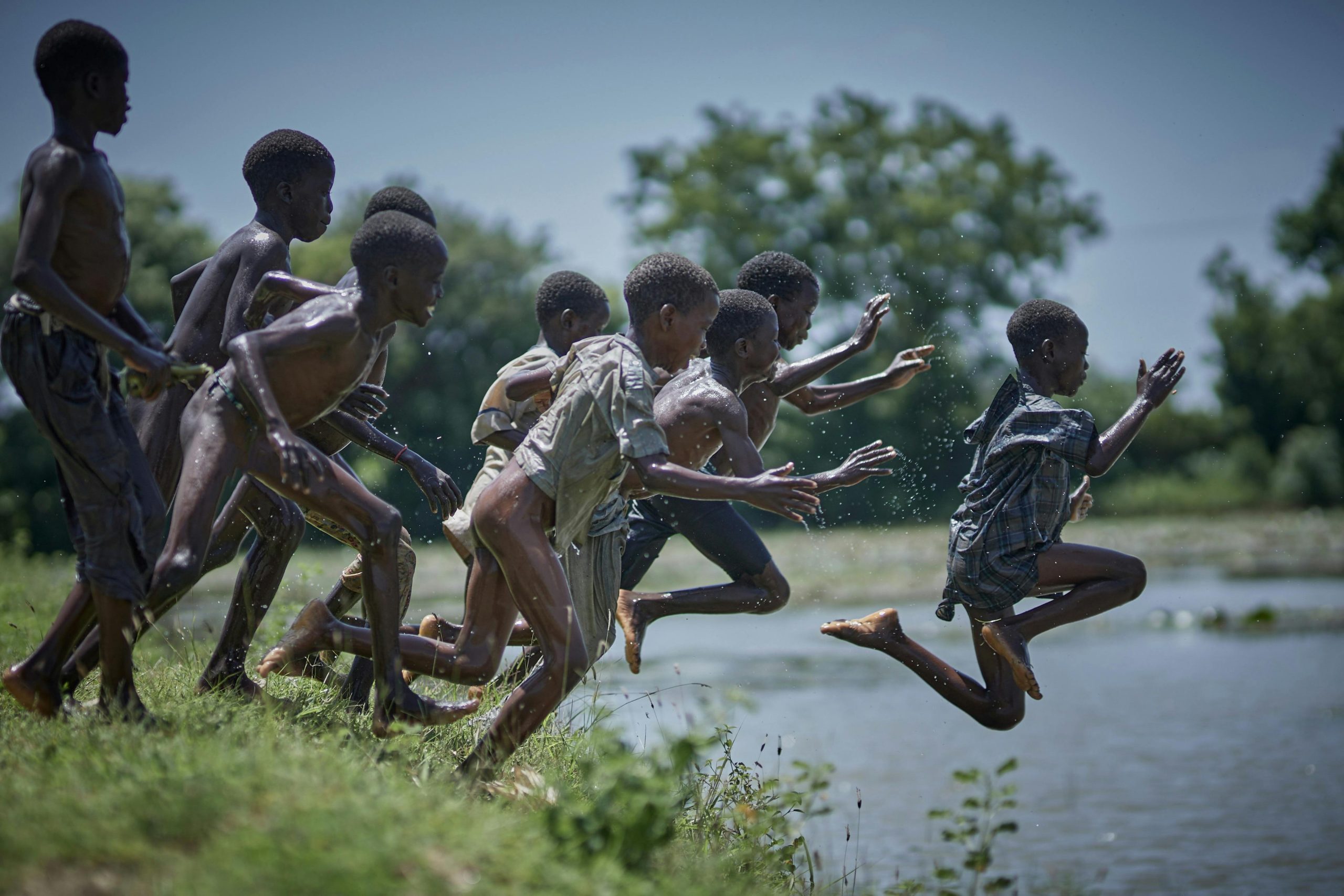
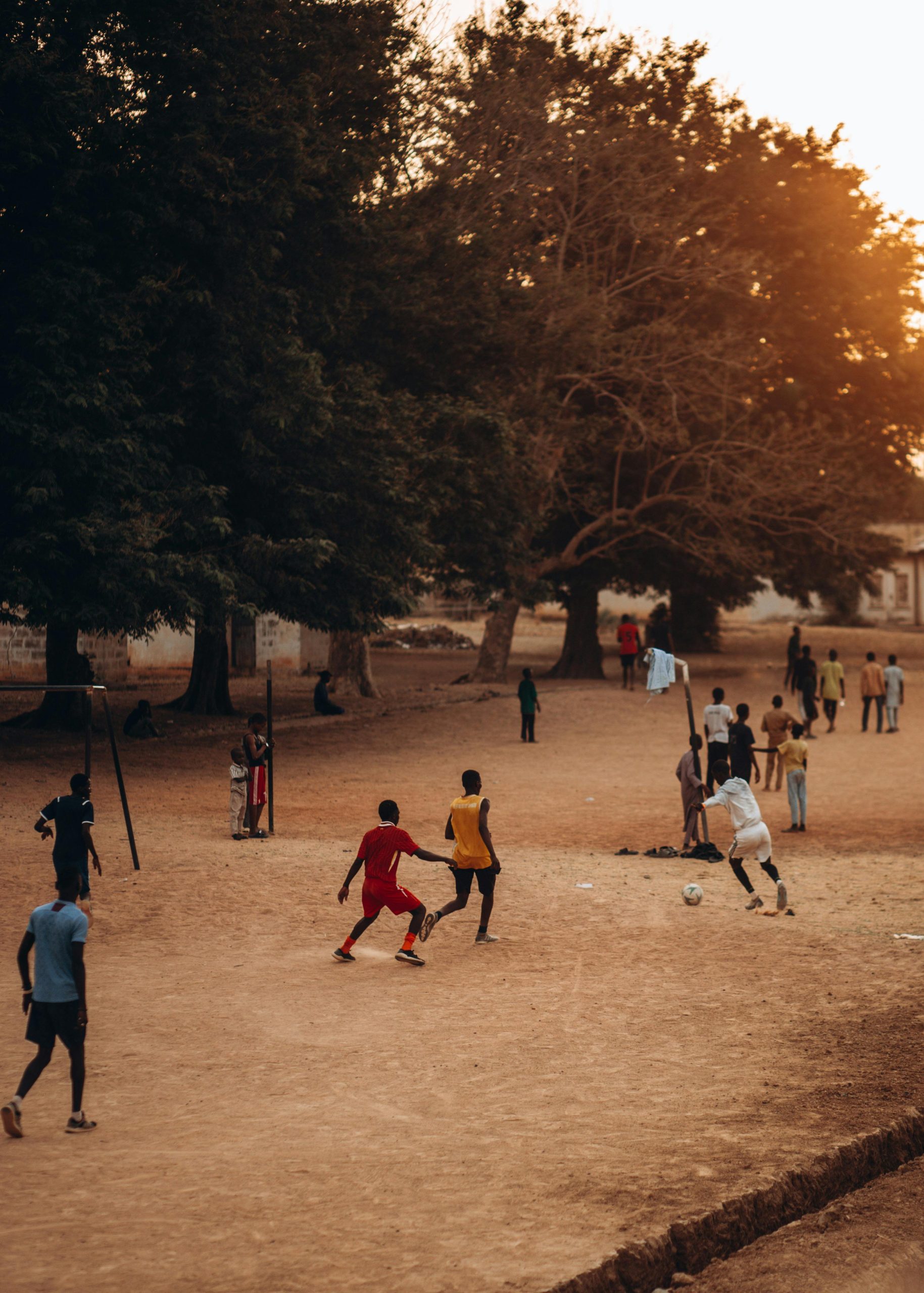
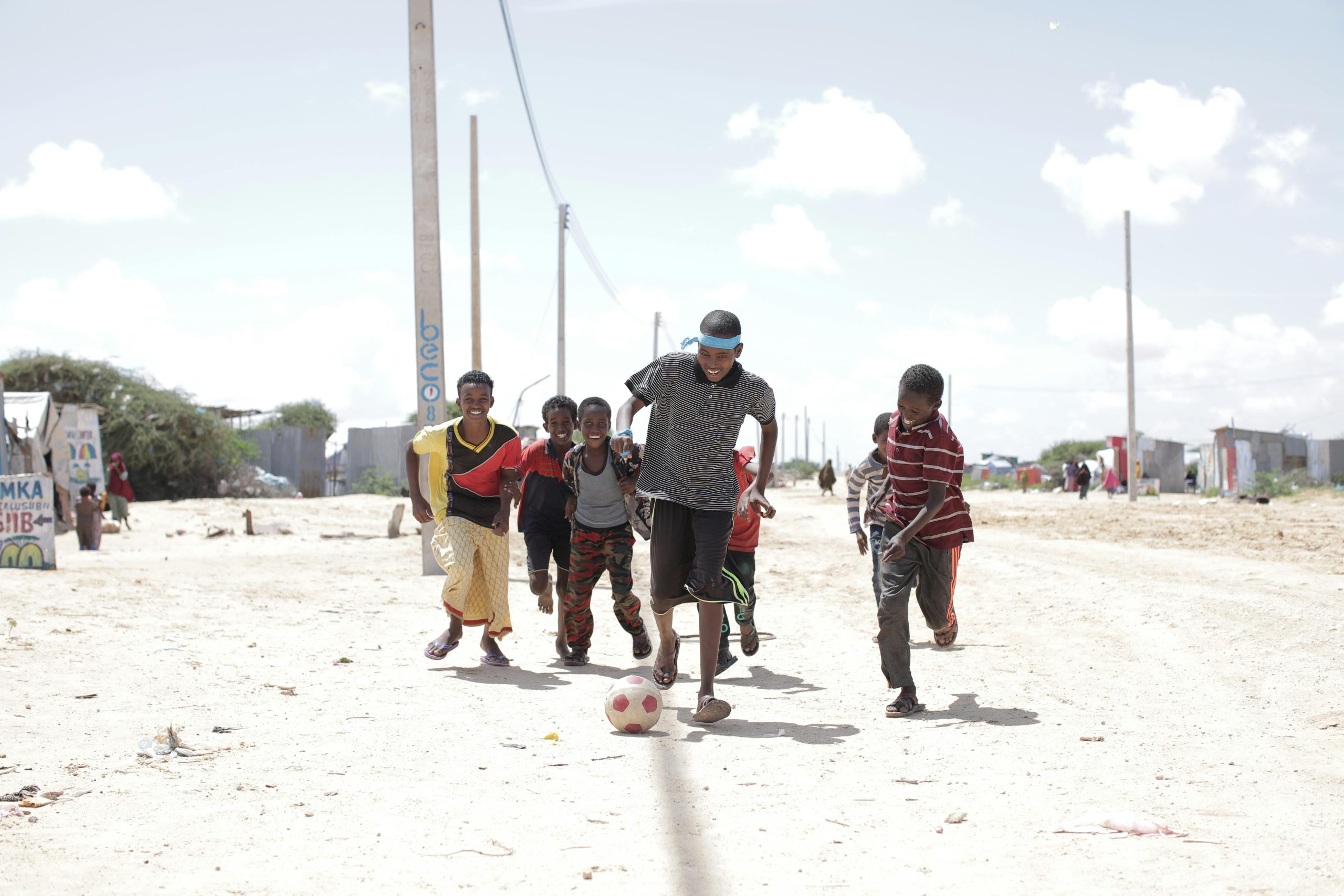
Reach One Teach One - Every Child Counts!
In crisis affected areas such as in the NWSW regions of Cameroon, our setup Temporary Learning Spaces and Child Friendly Spaces serve as emergency response hubs for displaced families, safe zones for trauma recovery and safe havens for learning and play. These Temporal Learning Spaces are managed by trained supervisors and facilitators in psychosocial support, teaching methodologies and child protection.
In the NWSW regions of Cameroon, we currently run 03 Temporary Learning Spaces: 01 in Buea, precisely in Bokwaongo; 01 in Bamenda, precisely in Mile 90 Nsongwa; and 01 in Banso, precisely in Kingomen village. Also, we collaborate closely with some schools in Buea but we intend to extend to other schools in the NWSW regions and country at large depending on our resources. One step at a time.

